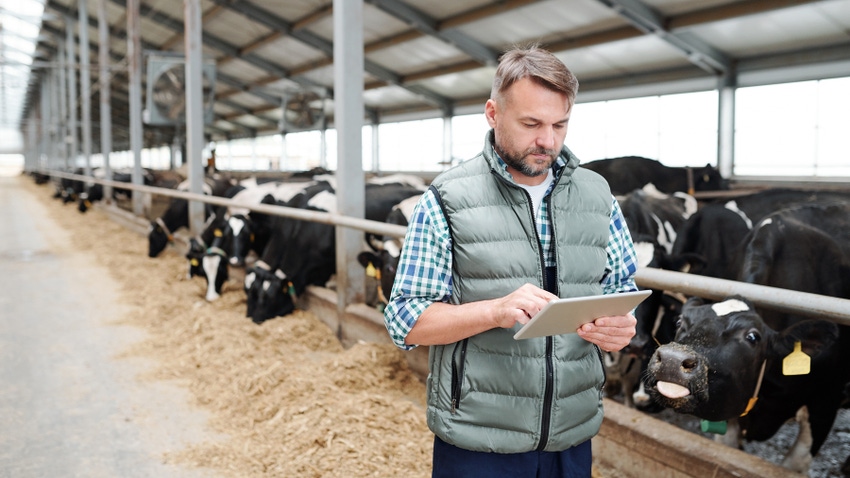April 25, 2023

by Evin Bachelor
When someone passes away, generally there is no immediate need to open an estate. We typically recommend that the family and friends take time to grieve and focus on the funeral.
However, when the person who died owned livestock, we do not have the luxury of waiting to begin the estate. Farmers understand that livestock are a daily responsibility.
Family farms typically have someone readily available to take care of the animals in the event of an owner’s death.
Solo farmers, though, need to have a plan in place if something happens to them. This means discussing a plan with their attorney to have a person or people identified to care for the animals, both physically and financially, in the event of a death.
Planning strategies
Here are some planning strategies to care for livestock in the event of death:
Trusts. Trust-based estate plans allow for the successor trustee’s immediate authority over the trust assets. Where the livestock are either already owned by the trust or automatically transferred to the trust upon the owner’s death, the successor trustee can quickly ensure for the care of the livestock. We frequently use trusts as part of a broad estate plan, whether the person taking care of the livestock is only temporarily responsible and receives compensation for services, or where the person is set to inherit or buy out the livestock.
LLCs. Limited liability companies can be a good means for a successor to care for livestock because the LLC does not terminate upon the owner’s death. However, this mainly helps if there are other owners of the LLC or a transfer on death designation to pass directly to a successor owner.
Beneficiary designations. For simple estate plans, you name your successor as a joint account holder on an operating account and as a transfer on death beneficiary of your livestock. This would grant the successor immediate access to funds and documentation as to ownership of the livestock.
Typical will-based estate plans are often too slow to care for livestock. They require an executor to be appointed by the probate court before having access to funds or having the authority to sell the livestock. This means no funds would be able to purchase additional feed, supplies or veterinary care.
Anyone you trust to care for your animals can be selected as the successor. They should be familiar with caring for livestock, or at least know who to call in the event of your death. They also should live somewhat close to you and be in regular contact with you. Lastly, they should, at minimum, verbally accept your request to care for your livestock.
Bachelor is an attorney with Wright and Moore Law based in Delaware, Ohio. Contact him at [email protected] or 740-990-0750 or visit ohiofarmlaw.com.
Read more about:
Farm SuccessionYou May Also Like




